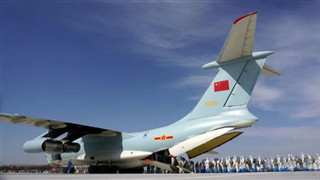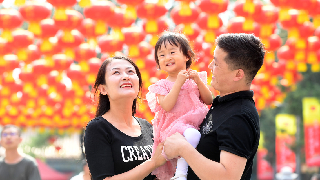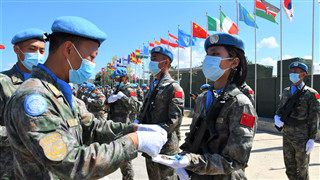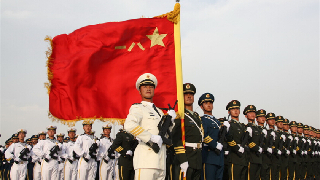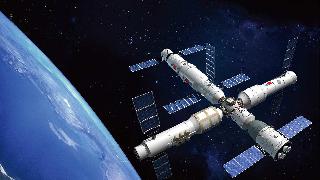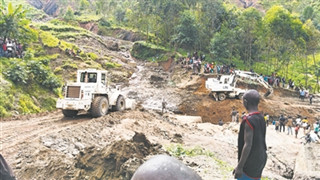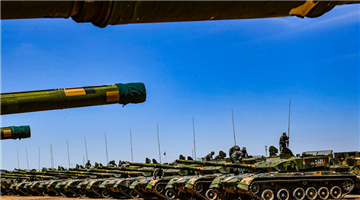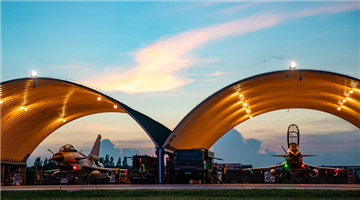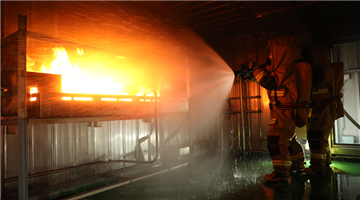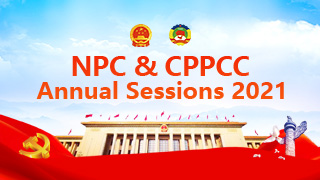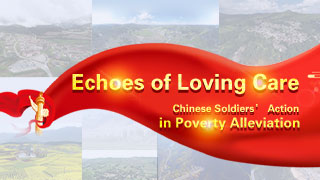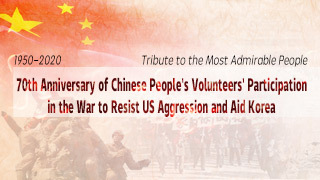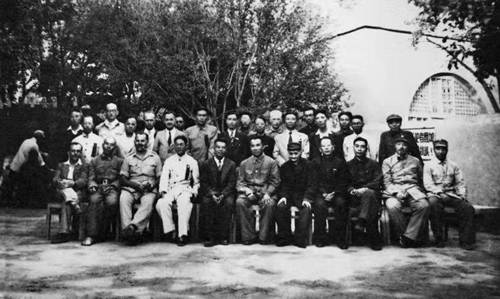
On 9 June 1944, after a tortuous journey, the reporters finally arrived in Yan'an and were warmly welcomed by the leaders of the CPC and people from all walks of life. In more than a month, the Communications Department made arrangements for them to visit offices, schools and production facilities, attend gatherings, and interview heroes, role models, writers, artists and well-known figures of all social sectors. Foreign reporters were impressed by the open and aboveboard manner of the Communists. Stein wrote that he had complete freedom to carry out investigation and go wherever he wanted, and that no question was forbidden, no question was rejected. For reporters who previously had known nothing about the Liberated Areas, this trip opened a door to a new world. What they saw was completely different from what they had been told. Deeply impressed, they sent out a large number of reports. In June, they sent 30 telegraphs, recognizing the role of the CPC and its armed forces in the war of resistance against Japanese aggression, and criticizing the KMT's anti-Communist policies. Dong Biwu mentioned in a report that a foreign reporter told him that before coming to Yan'an, he thought the CPC's publicity was a little exaggerated, but after his arrival, he thought it was far from sufficient.
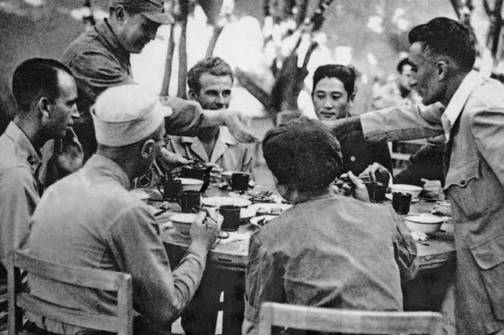
In the Jinsui Anti-Japanese Base Area (in today's northwest Shanxi and Inner Mongolia), the Chinese and foreign reporters witnessed a fierce battle in which the Eighth Route Army (or Paluchun) removed a Japanese stronghold. They were amazed and called it a miracle that a well-protected fortress was taken down without aircraft or artillery. The rumor that the Eighth Route Army wandered aimlessly without launching attacks was thus dispelled. Foreign reporters whose eyes were opened wrote multiple articles about the heroic resistance of the Eighth Route Army against Japanese aggression. Stein wrote in an article for US newspaper The Christian Science Monitor that he was stunned when he found such a vibrant new society behind the blockade, that during his five-year stay in Chongqing, he had heard nothing but malicious slanders about the CPC, that facing what he found in Yan'an, he rubbed his eyes in surprise. Maurice Votaw, an adviser to the KMT's publicity department and an American reporter considered "politically reliable", also changed his mind after the Yan'an trip. He said at a joint press conference that he had opposed the CPC and the Eighth Route Army in the past, but the trip to Yan'an and northwest Shanxi proved him wrong.
The battle behind the enemy lines was breathtaking, and the relationship between the army and the people was stirring. When the Eighth Route Army won a surprise attack in Fenyang, "a string of villagers was moving up the trail from the below. … An old laopaishing came up, grinning. He was carrying a basket of eggs — a present for the Paluchun heroes. They all had presents, ... wanted to prove how much they welcomed the fighting of Paluchun. They... carried baskets of fruit, bunches of vegetables, pumpkins, nuts, and chickens." The scene was so touching that the author Forman exclaimed that he had been in China for more than ten years, but he had never seen such a warm and vivid scene of military-civilian cooperation and of civilians expressing gratitude to the military. He was told in the past... that the people feared and hated the Paluchun, but these lies were debunked by what he saw.
